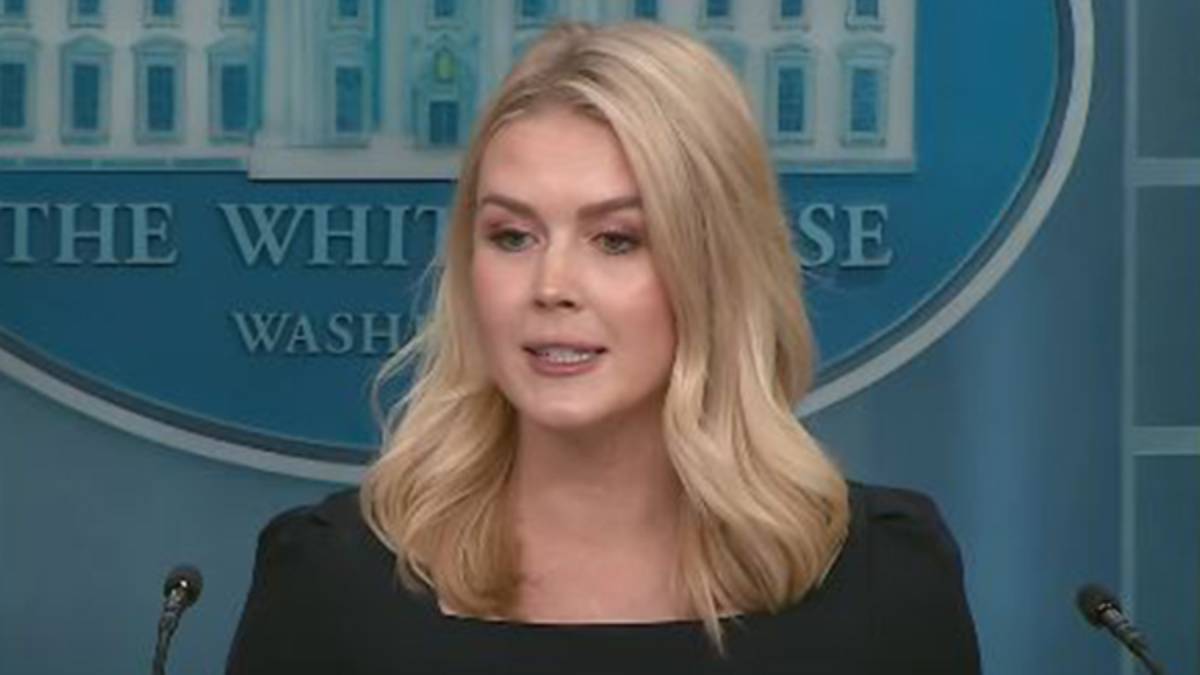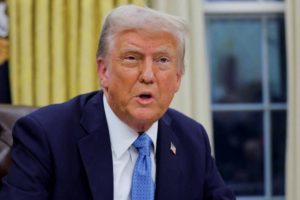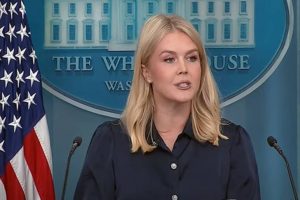White House Press Secretary Karoline Leavitt on Thursday (local time) credited US President Donald Trump with brokering multiple international peace agreements, including an end to hostilities between India and Pakistan, Thailand and Cambodia, and other global conflict zones. The White House renewed its call for President Trump to be awarded the Nobel Peace Prize, citing an average of one peace deal per month during his current term.
Speaking at a press briefing, Leavitt highlighted a ceasefire between Thailand and Cambodia as a recent example, claiming that President Trump’s intervention—specifically warning of trade consequences—led to a swift resolution. The ceasefire was formally announced by Malaysian Prime Minister Anwar Ibrahim following negotiations between Cambodian PM Hun Manet and Thai acting PM Phumtham Wechayachai.
“President Trump spoke directly to both leaders and made it clear there would be no trade with the US unless peace was restored. A ceasefire was reached almost immediately, saving thousands of lives and reopening trade negotiations,” Leavitt stated.
She went on to list several other regions where the Trump administration claims to have ended conflicts: Israel-Iran, Rwanda-DR Congo, Serbia-Kosovo, Egypt-Ethiopia, and India-Pakistan. “It is well past time that President Trump was awarded the Nobel Peace Prize,” she asserted.
However, India’s government swiftly rejected any suggestion that Trump played a role in the resolution of tensions between India and Pakistan. Citing its long-standing policy, India reiterated that all matters with Pakistan—especially those involving Jammu and Kashmir—are addressed bilaterally without third-party mediation.
Earlier this week, Prime Minister Narendra Modi, during a Lok Sabha debate on Operation Sindoor, clarified that no global leader influenced India’s decision-making. Recalling a phone call from the US Vice President on the night of May 9, PM Modi said he informed Washington that any Pakistani aggression would be met with overwhelming retaliation.
India had launched Operation Sindoor on May 7 in response to the Pahalgam terror attack, targeting terror infrastructure in Pakistan and Pakistan-occupied Jammu and Kashmir (PoJK). The operation escalated briefly before hostilities ceased following a call from Pakistan’s Director General of Military Operations (DGMO) to his Indian counterpart.
While the White House continues to tout President Trump’s diplomatic achievements, India maintains that its security operations and regional policies are independently executed.





